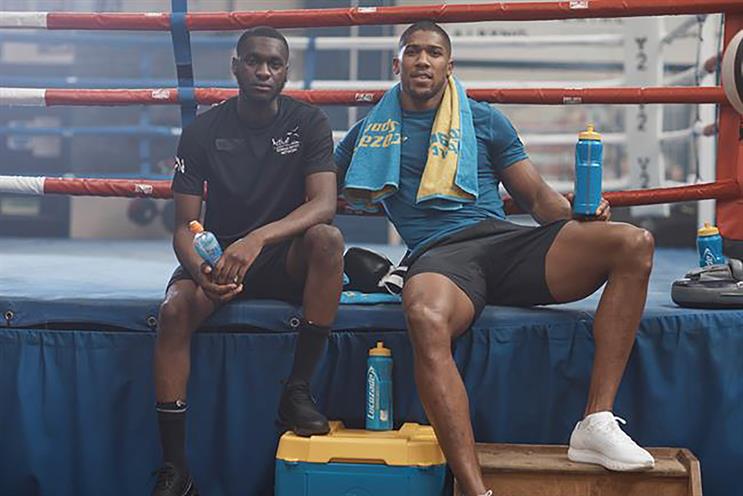Is it a bird? Is it a plane? Is it a documentary? Is it an ad?
No, wait, it’s… advertainment.
The most vainglorious form of marketing of them all.
How did it happen? Where did it come from? No-one can quite be sure. One thing we can be sure of, however, is that no-one is watching it.
So how do you spot a piece of advertainment? Let’s start with what it’s not.
It’s not a spell-bounding documentary, a moving fiction film, a powerful animation or even an addictive reality show that you’ve loved. All of these are extremely difficult, complex genres that take directors and producers a lifetime to master.
Whether it’s Love Island or Making a Murderer, those pieces of entertainment that really change the world around us (for better or worse) are often the brainchild of craftspeople with decades’ worth of knowledge and techniques that can captivate audiences.
They are the work of those who have in effect dedicated every waking hour, brain cell and fibre of their bodies into making what you’re watching. They take time.
Advertainment, on the other hand, occurs when this creative bar is removed and respect or knowledge for craft ignored and often has to be delivered in a tight time-frame. It is the epitome of overpromise and under-delivering.
The reasoning behind it is quite compelling.
In a world of streaming wars, where Apple TV+, Disney+, Netflix and the rest are creating a post-ad universe, where subscribers pay for their content as opposed to ad breaks, brands are trying to futureproof themselves by finding their own voice in entertainment to reach their consumers.
I’m all for this. It makes a lot of sense when you think about it.
But with advertainment, something goes badly awry.
Perhaps it’s the result of advertising creatives playing the role of director with little or no knowledge or expertise on how to craft these genres effectively. Or maybe well-intentioned but fairly naïve attempts to execute a compelling content strategy without the right team to see it through. Or maybe it’s trying to achieve incredible access to something with impossible timings and treading water from the start.
It really doesn’t matter how this spineless genre emerged. It simply doesn’t need to exist. It’s not for brands, it’s not for audiences. It’s solely for bragging rights. And that’s maybe why I hate it so much.
You can always tell a piece of advertainment right away because it looks incredible, but offers little more beyond it.
featuring Anthony Joshua (pictured above) that never needed to be made.
Wonderfully shot, but woefully told, we see a classic advertainment trope. Endless sound bites covered with glossy slow-motion shots. Rushed pieces to camera. Limited time. Very tenuous link to the brand. Compare this in stark contrast to the BBC Three documentary series with Joshua, , which prioritises incredible access over endless beauty shots.
Another breathtaking piece of advertainment was The Great Travel Hack from Shell, starring The Big Bang Theory’s Kaley Cuoco. God knows how much was spent on these five episodes with such high-level talent and production values – my guess is a lot.
Going through the Shell checks and balances in order to get on its brand YouTube channel resulted in a fairly unrelatable hot mess. The comments put it better than I ever could: "The cringe. Oh my the cringe."
Advertainment is what happens when we take a great 60-second concept and try to stretch it out over several 10-minute episodes for no real reason other than "I want to". Advertainment fails to make a real dent on culture. It needs invented KPIs to help mask its lack of impact. .
How do we stop it? It’s simple: cross-pollinate. The results for brands can be fantastic.
If we want to create compelling documentaries, let’s work with great documentarians. .
If we want a crack at fiction, let’s assemble people from outside an ad agency network who can help us do this. has enabled more than 17 fantastic female voices in a fiction to experiment with ideas.
We know many brands have the appetite to innovate in this space and connect with their customers in a different, more meaningful way.
But, in order to do right by them, agencies and their partners have to manage expectations and set out realistic parameters to achieve greatness. More time, more love, more substance and perhaps a little less style.
Otherwise you might be left with a steaming pile of advertainment. And let’s face it – no-one wants that.
Ravi Amaratunga Hitchcock is head of Pi Studios at We Are Pi and a former Channel 4 commissioning editor


